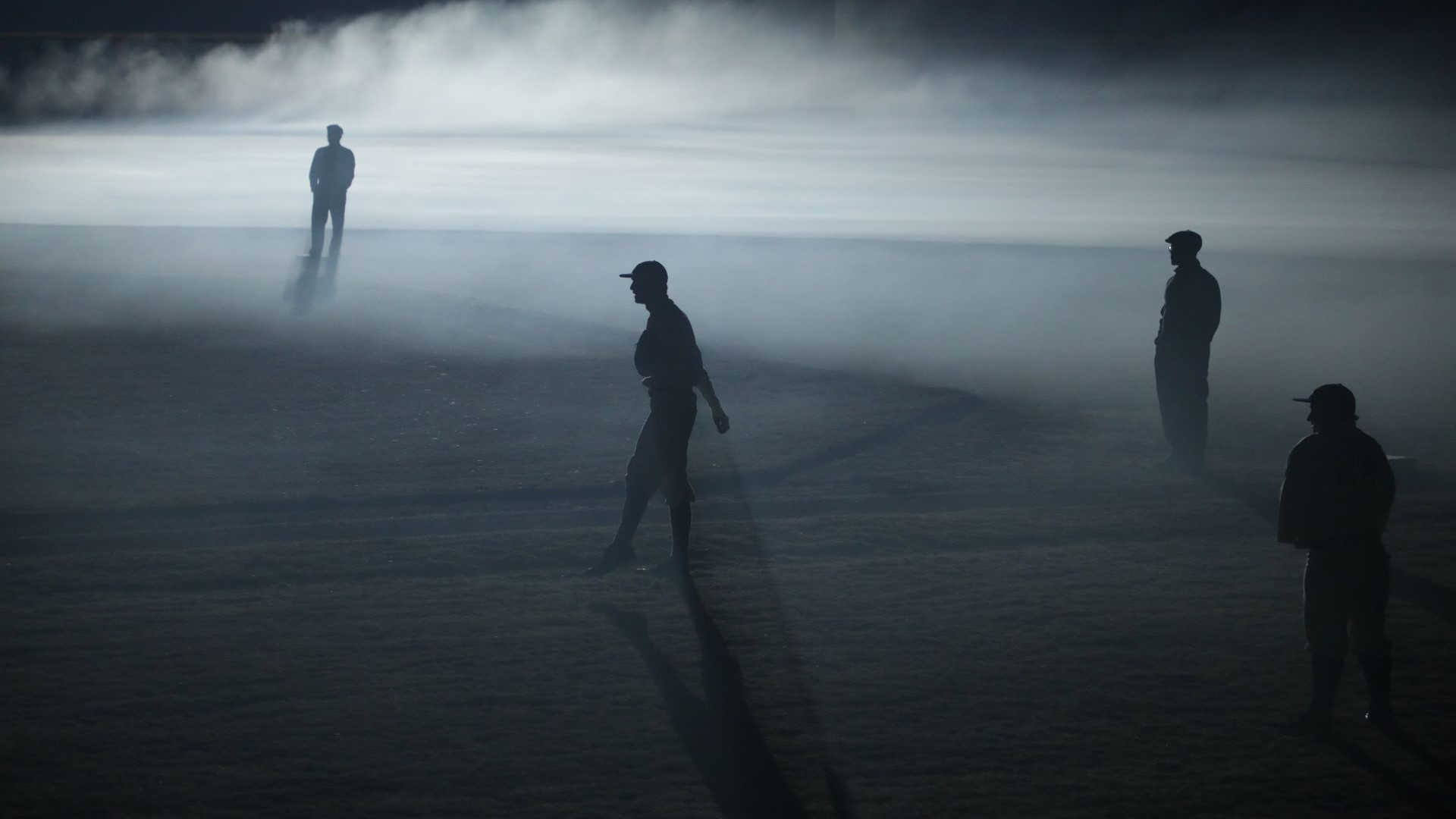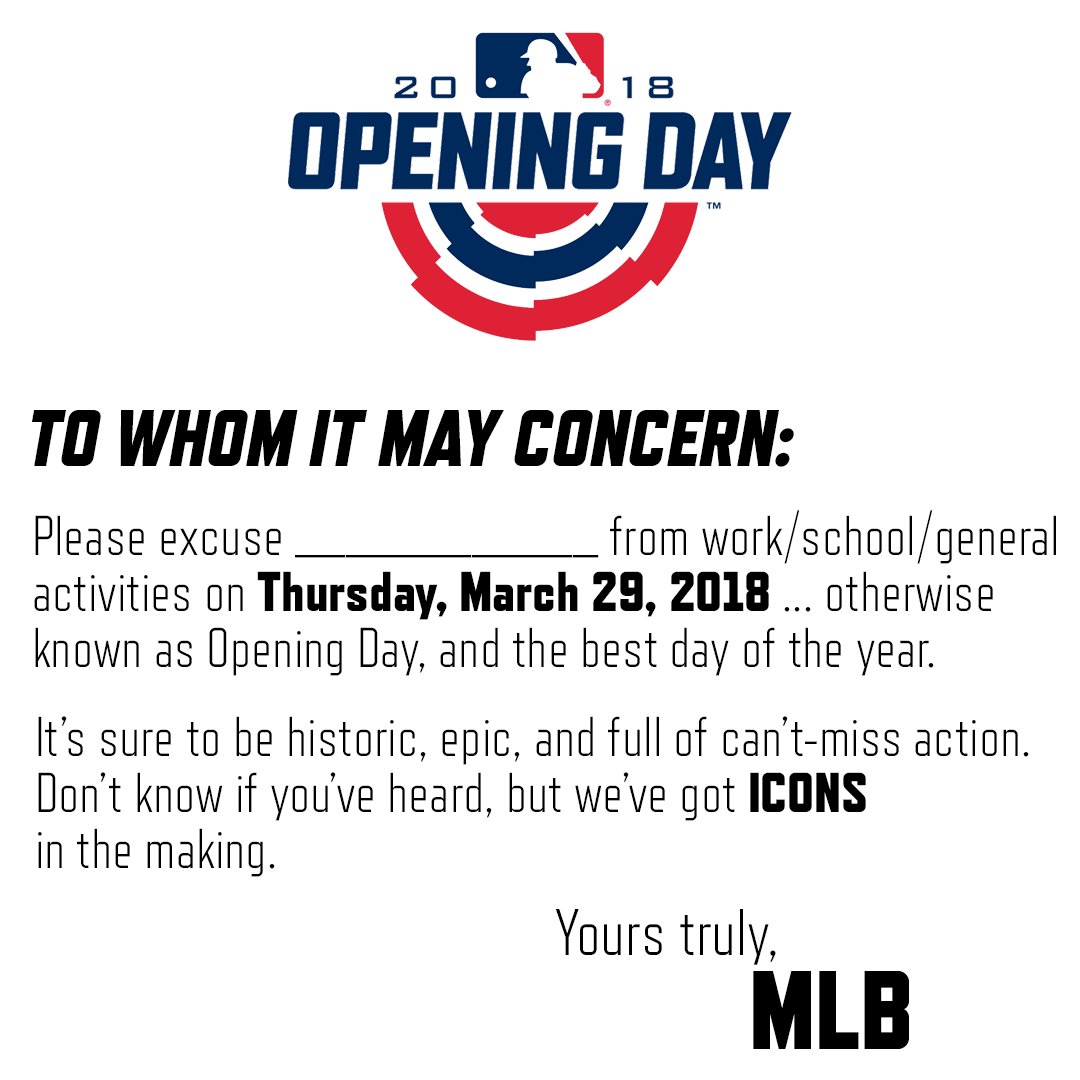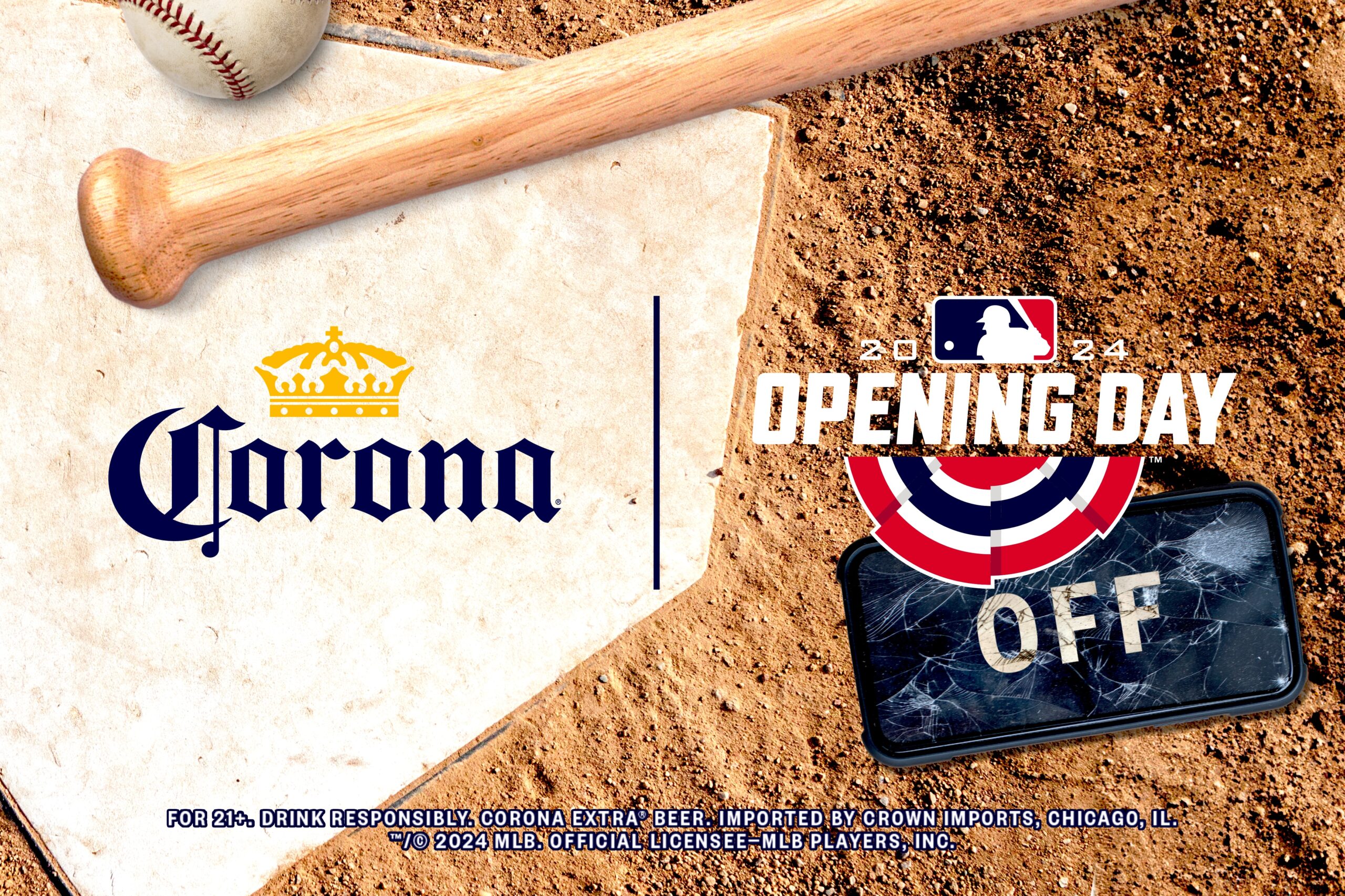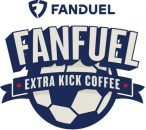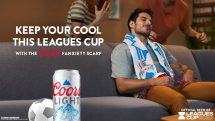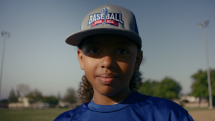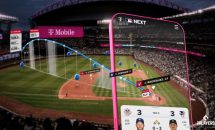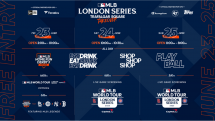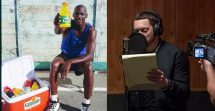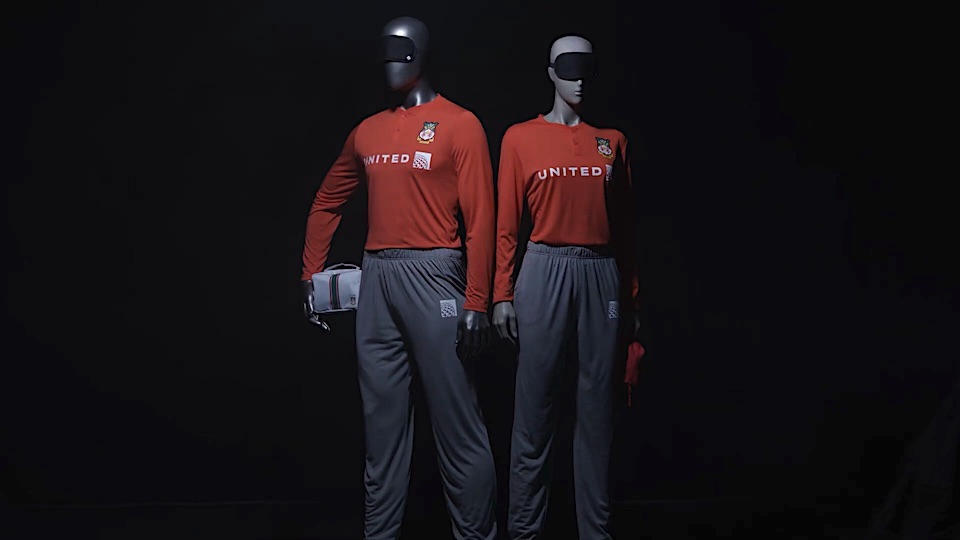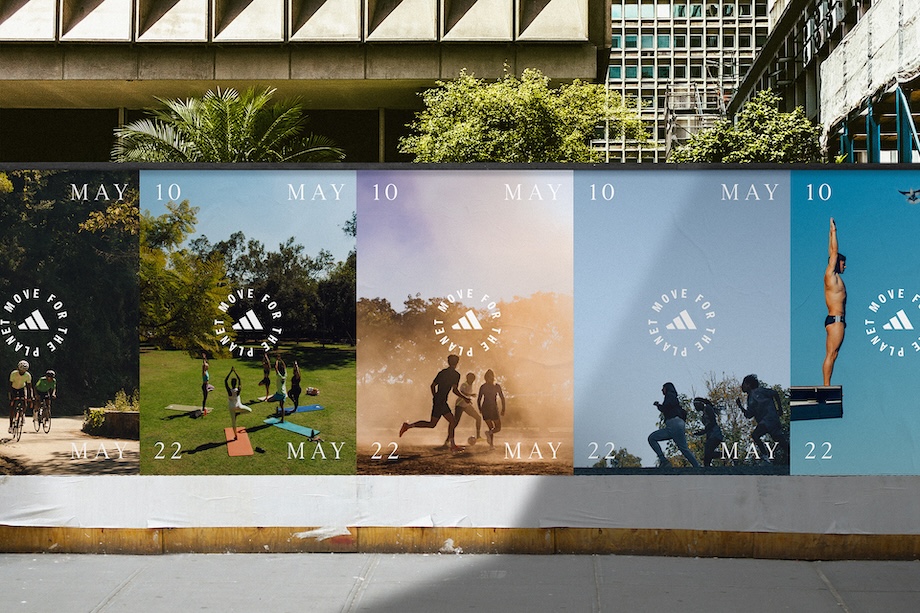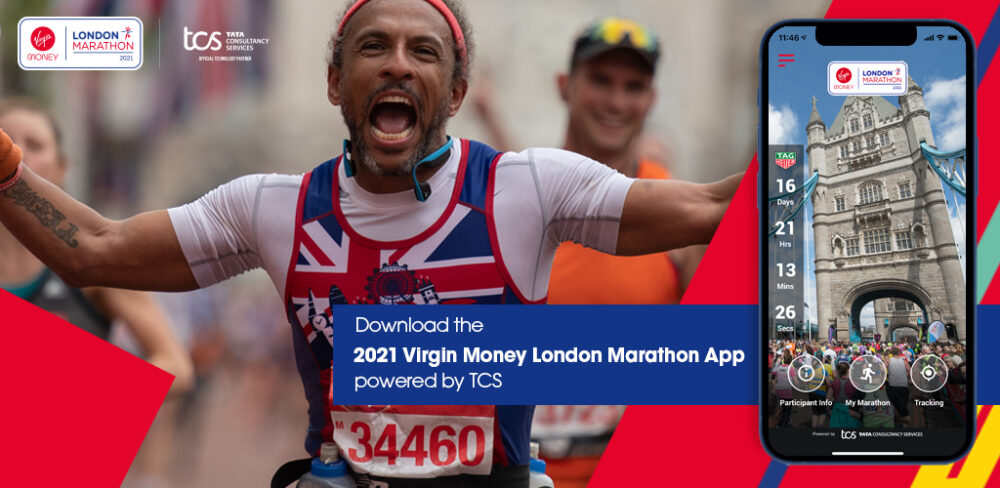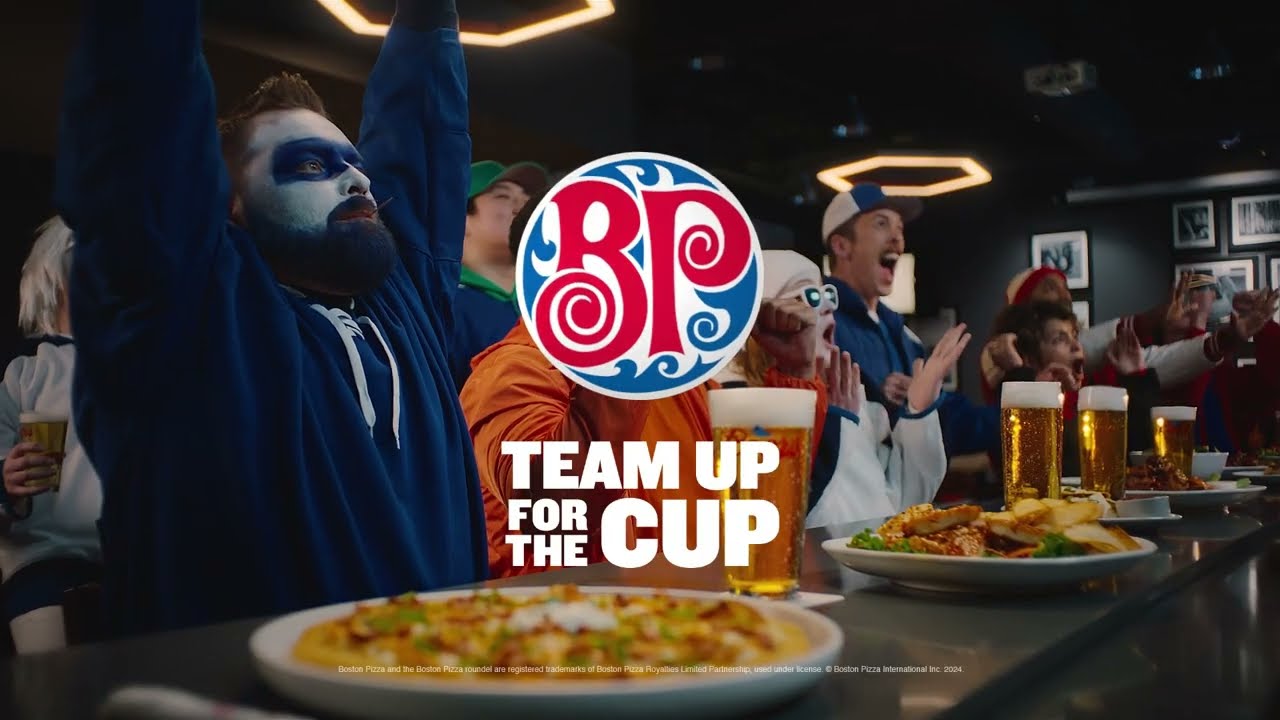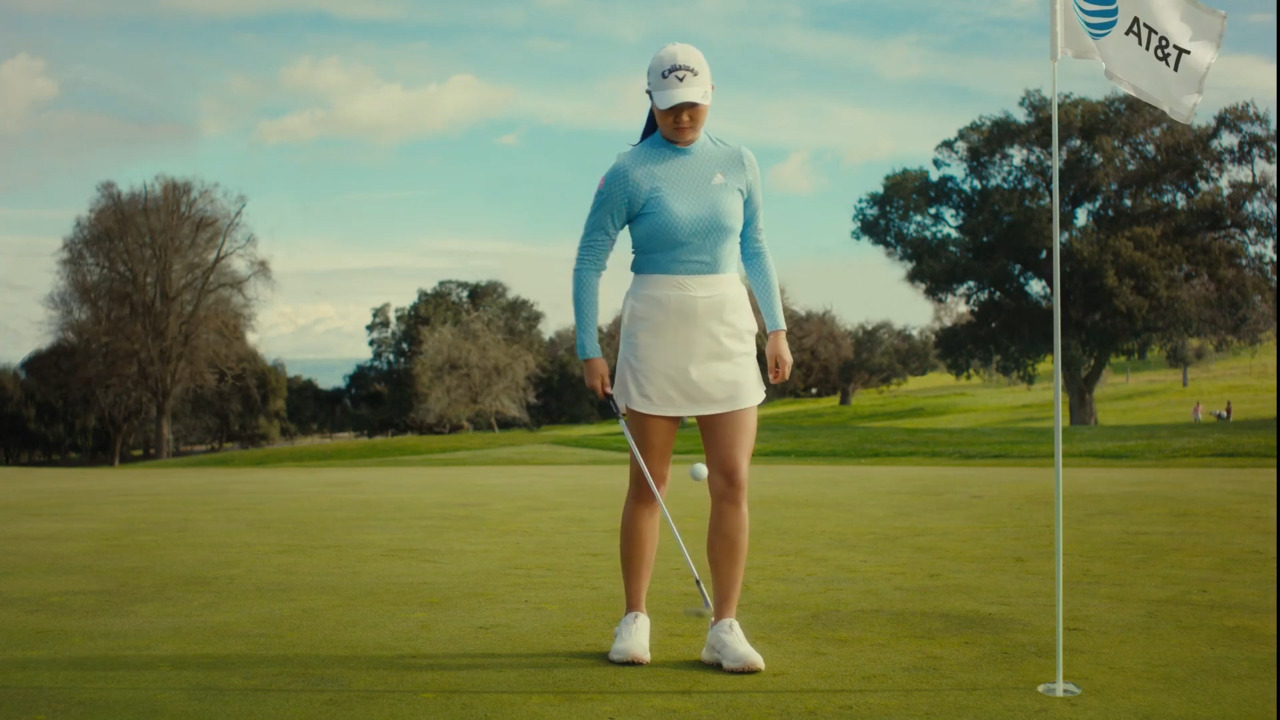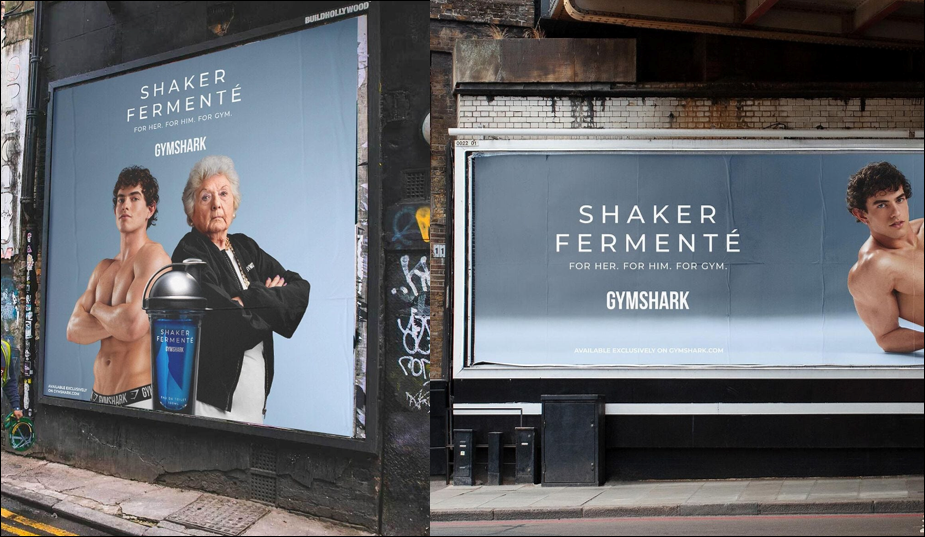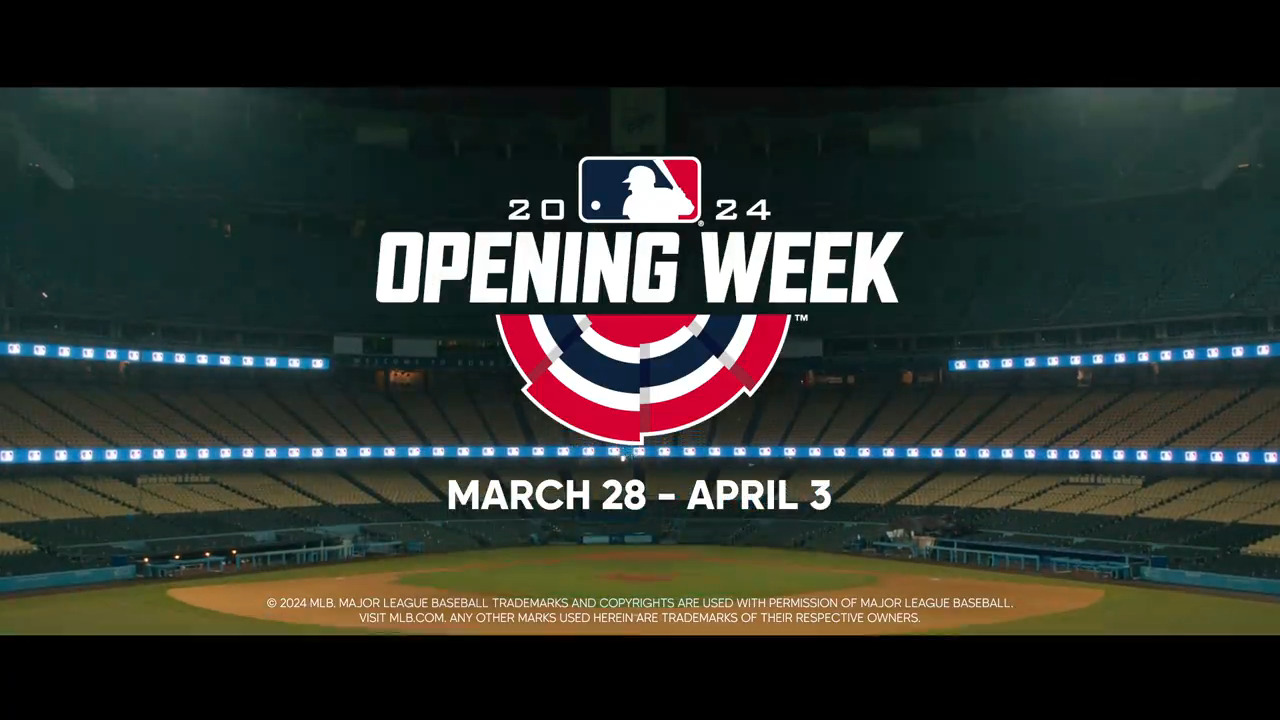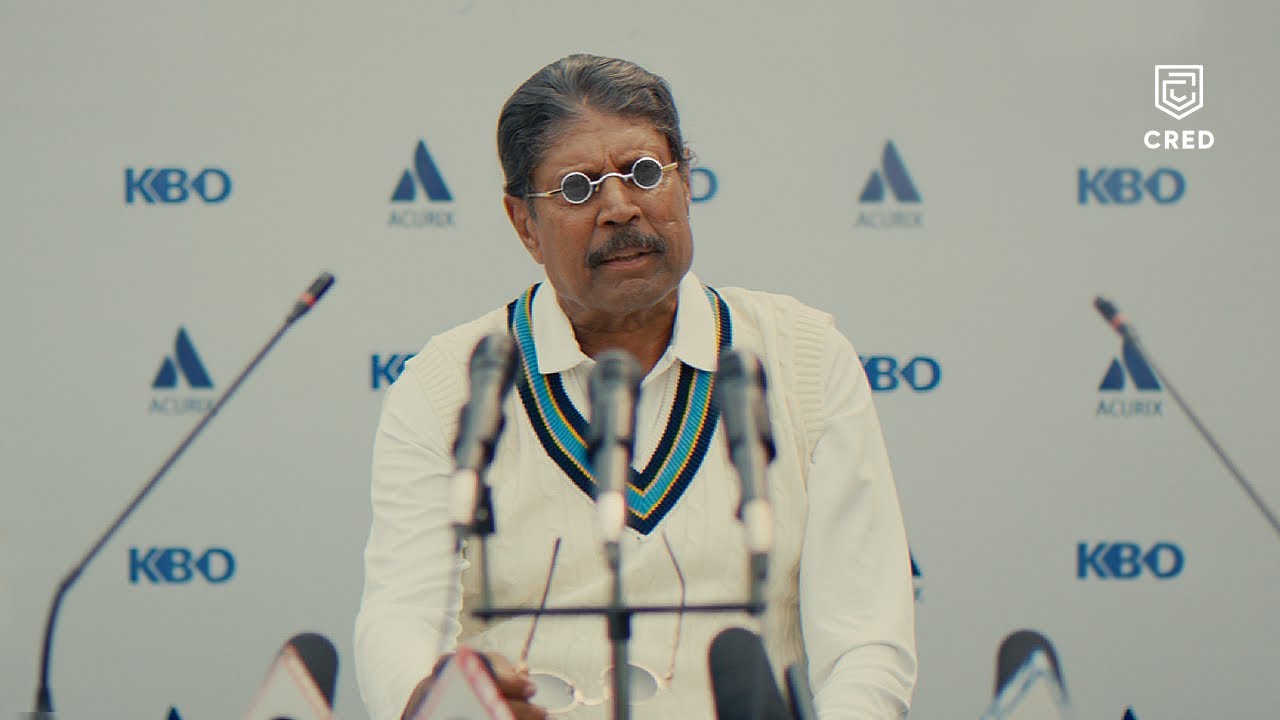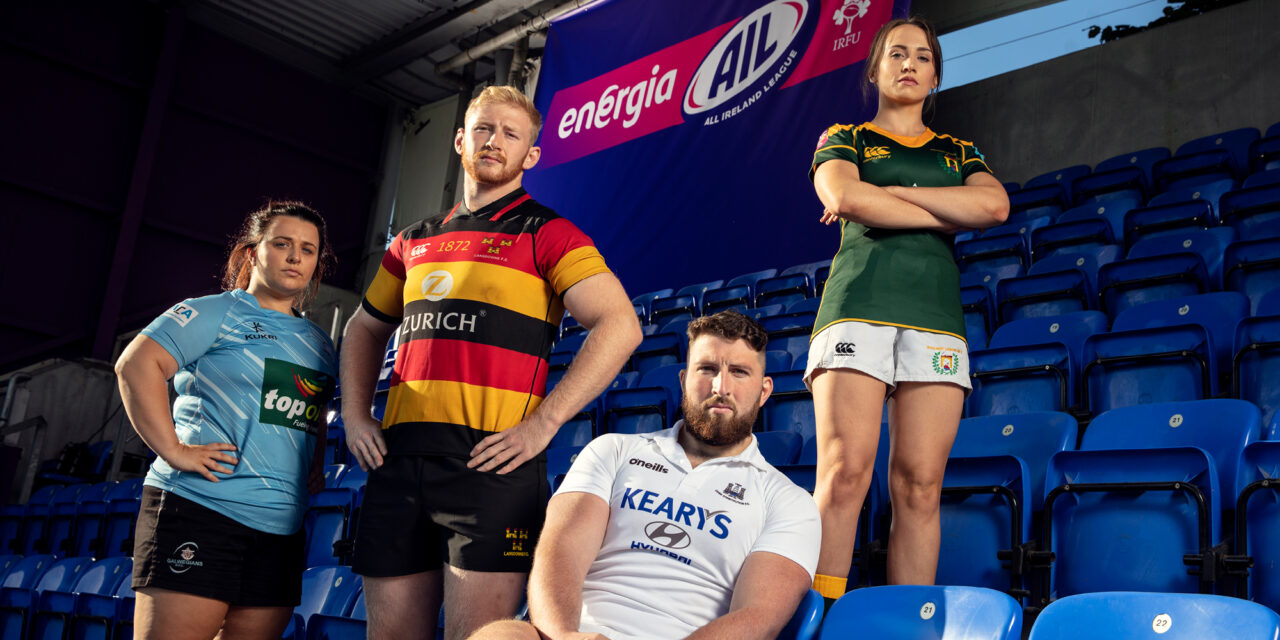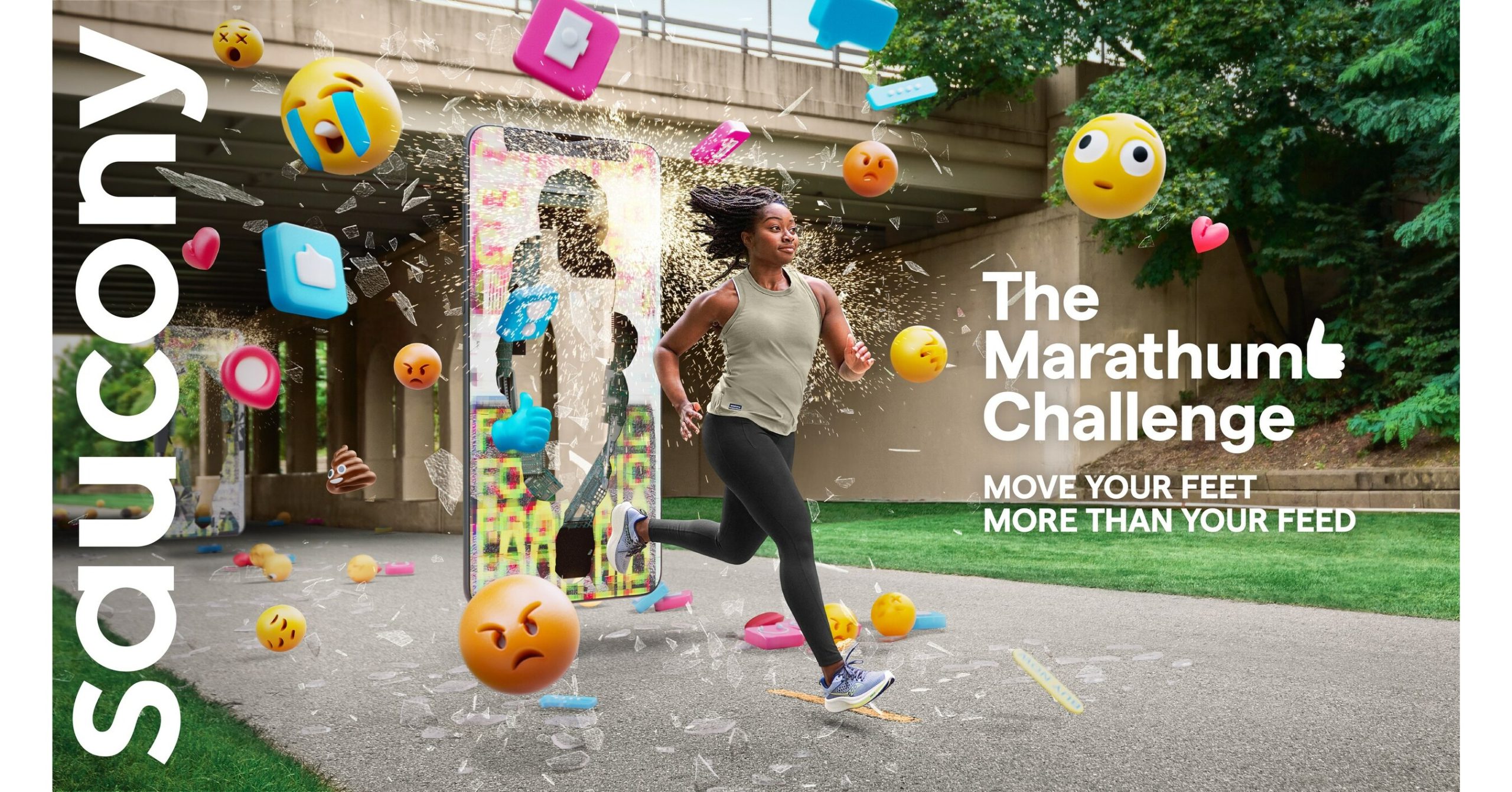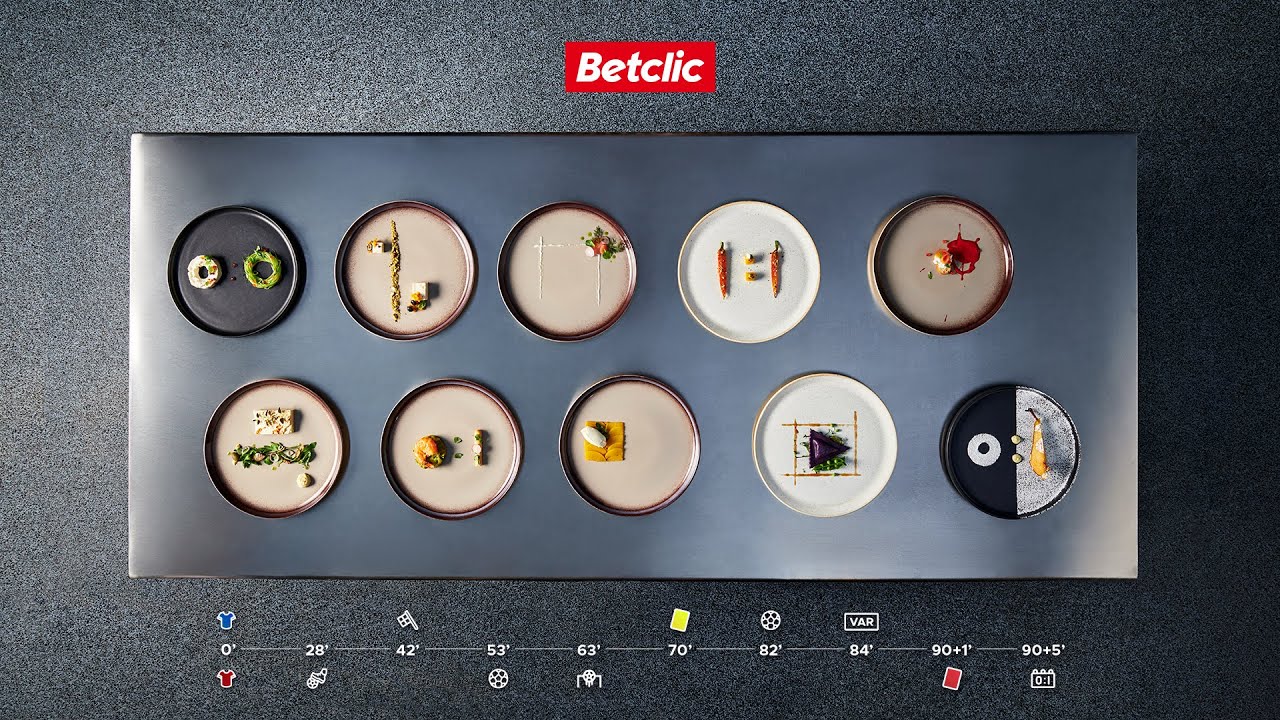As the Chicago Cubs and Cleveland Indians battled it out in the 2016 World Series, Major League Baseball sponsors, club partners, broadcast alliances and advertisers leveraged goat-related curses, sports superstitions and record title droughts in their rush to market around this historic Fall Classic.
We don't believe in curses. We believe in Chicago.
Join us. Swap your profile photo.#FlyTheW pic.twitter.com/dAAE826ocM
— adidas Baseball (@adidasBaseball) October 7, 2016
Fall Classic broadcaster Fox Sports’ ad sales boss Neil Mulcahy said his phone began ringing off the hook as soon as the lovable loser Cubs, the so called ‘losingest team in US sports’, beat the Los Angeles Dodgers to make it to the 2016 World Series.
Interest was high as soon as the big market Cubs made it to their first Fall Classic in 71 years as they attempted to end a 108-year title drought. Add in the fact that the Cleveland Indians were seeking their first championships since 1948.
This drought ending sense of redemption was a theme exploited by advertisers and broadcasters alike (including Fox itself).
One way or another, a losing streak would come to an end and the most famous curse in American sport might even get broken.
MLB/League/Property Owner
As the postseason got underway the MLB itself and its corporate partners began by focusing on TV-linked, tech-heavy social media activations built around World Series history: a sensible tactic considering the two teams involved and the record consumption and engagement seen across the season on the league’s own set of online platforms and mobile products.
In fact, for this year’s Fall Classic the MLB worked with software analytics outfit New Relic on a ‘World Series Hackathon’ event and the Bases Coded tech challenge (http://mlb.mlb.com/basescoded/) to create fresh digital products and the winners were showcased during Game 4.
Bases Coded: MLBAM’s Tech Challenge Finalists Head to Chicago for the World Series #hackathon #sportstechhttps://t.co/z6u2TIL9JK pic.twitter.com/wTBtL8z4wC
— New Relic (@newrelic) October 26, 2016
This MLBAM 2016 World Series Tech Challenge gave coder teams the opportunity to hack at the convergence of sports and technology using proprietary MLB.com APIs and private data provided by MLB.com (and to interface with MLBAM and New Relic technologists, developers and engineers).
The selected finalists showcased their projects to a panel of industry experts and a live audience and the Grand Prize winning team was flown to the 2016 National League Champions home town during the World Series for an overnight software development competition and Game 4 tickets.
Meanwhile, MLB Advanced Media (MLBM) also ran a series of Reddit chats, as well as worked with Samsung on pre-, in- and post-game virtual reality content that spanned from the field of play into the behind-the-scenes clubhouse celebrations.
MLBAM also worked with a line-up of team-specific, local artists to create original baseball-themed murals in several playoff markets not only as outdoor installations but to also act a video and image backdrop for brand and fan created sharable social media content.
MLB Network, which racked up record viewership for its two League Division Series games, similarly promoted its playoff coverage around a #WeKnowPostseason hashtag, and rolled out archival World Series videos on social platforms: such as this clip commemorating the anniversary of Reggie Jackson’s three-homer 1977 World Series game.
Reggie, Reggie! Remembering 39 years ago tonight when Reggie Jackson hit 3 homers for the @Yankees in #WorldSeries Game 6. #WeKnowPostseason pic.twitter.com/ihWnKbiXYf
— MLB Network (@MLBNetwork) October 19, 2016
Another innovative new MLB marketing initiative this October saw the league set up a green screen behind home plate so that viewers watching on TV saw ads on it, while those in the park (players and fans alike) saw nothing.
The MLB call these virtual in-stadium ads and the screen allows sponsors and advertisers to buy in-ballpark commercials tailored to specific markets.
During this World Series, no fewer than 32 different brands – from Delta Airlines and T-Mobile to Anheuser-Busch, SABMiller Rogers, Mitsubishi and Fiat – advertised across six dedicated TV feeds.
Not only does this offer an existing strand of ad inventory, but in-stadium virtual signage enables brands to link their broadcast TV spots with in-game activities on the ground.
This global, region-specific ad platform is unique to Major League Baseball.
Sponsors, Commercial Partners & Providers
Most of MLB’s top tier sponsors activated around the season climax.
Some tweaked season-long ongoing initiatives with fresh postseason strands: such as Bank Of America’s ‘Undercover Teacher’ star player led, hidden camera school stunt which extends its existing #MLBMemoryBank programme (see case study).
Another example of a sponsor campaign re-purposed specifically for the postseason is T-Mobile’s #UnlimitedBaseball consumer-created film/photo competition (see case study).
Another interesting broadcaster/sponsor ‘native’ style initiative occurred during Game 1 when network Fox eschewed the usual mid-inning commercial break in the middle of the third inning and instead cut to its studio team for a two-minute, 30-second discussion ‘brought to you by T-Mobile’.
The segment saw the T-Mobile One logo for the carrier’s unlimited phone and data plan spread across the studio desk and on a bottom screen graphic throughout the analysis and the section closed with presenter Burkhardt doing a 30-second live read about the T-Mobile One campaign.
This marked the first time Fox Sports has ever replaced a standard commercial break with a sponsored piece of content: a tactic the broadcaster claims to be looking forward to doing more often.
Other official partners, like Taco Bell’s ‘Steal A Base, Steal A Taco’, are specific to the World Series itself (see case study).
Another league partner, MasterCard, (which didn’t exactly staying neutral),
Cheering on the @Cubs to fly four more of these. #Priceless #FlyTheW #WorldSeries pic.twitter.com/BWis8D5iyA
— Mastercard (@Mastercard) October 26, 2016
Game face on, @Cubs fans! #WorldSeries #FlyTheW #Priceless pic.twitter.com/FHSUjTioQl
— Mastercard (@Mastercard) October 28, 2016
gave away ‘texting gloves’ to fans during Game 4, while official vehicle of the MLB Chevrolet is sponsored a newly created feature on MLB.com that recognizes the top plays from each World Series game (and a vehicle featured on the field as a prize for the series MVP).
MasterCard also ran a cause campaign linked to the Stand Up To Cancer Game 4 partnership.
Thanks to those who dined out w/ their Mastercard, we’re here at the #WorldSeries to proudly present $4.25MM to @SU2C. #Reasons2StandUp pic.twitter.com/6apjjmiDoN
— Mastercard (@Mastercard) October 30, 2016
While official baseball cap partner New Era and @Lids sponsored a World Series ticket giveaway based around the #MLBONFIELD hashtag.
My son Alex: @Cubs biggest fan, tons of @NewEraCap Please pick him! #MLBONFIELD @BigSean #WorldSeries @MLB @WContreras40 pic.twitter.com/RptHb92eif
— laura stewart (@laurajo82) October 24, 2016
.@lids I think the teams and the leagues they're in might be flip-flopped… Does that mean I get bonus entries?!? #MLBOnField pic.twitter.com/HEdDZWBHWe
— Linda (@linda_park) October 15, 2016
The battle begins tonight between the @Cubs and @Indians! Who will #MaximizeTheMoment? pic.twitter.com/LK7k7E7DxF
— New Era Cap (@NewEraCap) October 25, 2016
In terms of broadcast sponsors, Lincoln Motor Co become the new pre-game sponsor, and for the first time in 69-year history of World Series TV broadcasts the Fall Classic boasted an official presenting sponsor in T-Mobile.
Audiences To Activate At
The World Series is broadcast in 170 countries and in the USA it remains one of the remaining few prime time TV marquee events.
The lure of witnessing history and the involvement of a big local market drove up American ratings for this year’s best-of-seven series.
‘The Cubs are clearly a national story; inevitably, they’re going to draw a lot of casual viewers alongside the more die-hard baseball fans. We’re going to see ratings that we haven’t seen in the last decade,’ said Fox’s Mulcahy before the series began.
Plus the Cubs’ Chicago home is the USA’s third biggest media market – a giant urban metropolis of 3.46m sports-mad TV households.
Sure enough, Game 7 of the 2016 Fall Classic was the most-watched baseball game in 25 years.
It notched up a huge 40.045m total viewers.
In households, this number was an impressive 21.8 rating/37 share.
Those numbers are up 70% (total viewers) and 58% (household rating) from 2014’s World Series Game 7 (San Francisco Giants vs Kansas City Royals).
The previously referenced Game 7 of the 1991 World Series (between the Atlanta Braves and Minnesota Twins( racked up an amazing 50.3m total viewers — making it the most-watched baseball telecast in Fox Sports’ history.
Baseball fans tend to average out slightly older that the most precious of advertiser demographics: the median age of last year’s Mets-Royals World Series was 54.6 years (slightly older than the classically desirable core 25 to 54 adult demographic.
Media buyers are reporting that the average price for an in-game 30-second spot in the Cubs-Indians series at around $565,000 (up a touch on last year’s $545,000, but still way behind the NFL Superbowl’s $4m).
Last year’s Fall Classic, which only went for five games, generated more than $240m in ad revenue.
Advertisers
Advertisers have been quick to buy up World Series space and guaranteed ad spots for Games 1 through 4 all sold out well ahead of the first pitch.
These are led by brand spots in categories that regularly roll out World Series commercials: like automotive, fast food, insurance and telecoms industries.
This year’s series saw ads throughout from brands such as Chevrolet, Geico, Samsung Mobile, Anheuser-Busch and MasterCard.
And Game 7 itself saw further spot from Apple,
Xbox, Google, Ford, Chevrolet, Walmart, Target, Gillette and several films (eg Assassin’s Creed, Doctor Strange, Moana, Passengers, Billy Lynn’s Long Halftime Walk and Why Him?), plus somewhat inevitably (and possibly sadly) spots from both Hillary Clinton and Donald Trump.
Cubs Campaigns
State Farm has been behind the Cubs all season long with its comic ‘Jake From State Farm’ social spin-off with ads leveraging baseball and linked to Chicago Cubs ace Jake Arrieta.
But you know what my FAVORITE #GoTogether is: Jake & @StateFarm. Am I right, @JArrieta34? pic.twitter.com/OV4bSgUQ4u
— Jake from State Farm (@JakeStateFarm) August 18, 2016
Jake from @StateFarm would strongly advise some insurance runs @Cubs pic.twitter.com/Td5DsWjTRF
— Not Rizzo (@notARizzo) November 2, 2016
During the playoffs, State Farm kicked off a fan-led, social engagement strand of ‘Jake From State Farm.
@Cubs @JArrieta34 @MrsArrieta49 @StateFarm Jake (Arrieta) from State Farm. And yes, he was wearing khakis, no he was not hideous! #FlyTheW pic.twitter.com/pzQrWYvidd
— Shannon Davis Brier (@boilergal94) November 1, 2016
Featuring Cubs pitcher Jake Arrieta, State Farm created ads that worked off baseball and the name itself.
While at the Addison red line stop, the Chicago Elevated (the ‘El’) public transport system station for the Cubs’ Wrigley Field ballpark, a State Farm outdoor ad reads:
‘Jake & Strikeouts. Some things go together. Like Home & Auto.’
The 2015 Cy Young Award winner’s “All for Won” Cubs commercial, which features fellow Cubs players, including Anthony Rizzo, Kris Bryant and Addison Russell as young kids, taps into Chicago’s love for the Cubs, for this team and State Farm is hoping for their products.
Arreita also featured in an ‘Is This The Year?’ SAXX underwear commercial earlier in the season.
Adidas is also leveraging the Cubs’ tilt at the Fall Classic with a digital campaign featuring the phrase ‘#$@& Curses’ in reference to the Billy Goat curse on the Cubs.
We don't believe in curses. We believe in Chicago.
Join us. Swap your profile photo.#FlyTheW pic.twitter.com/dAAE826ocM
— adidas Baseball (@adidasBaseball) October 7, 2016
The rallying cry is spreading.
Chicago is bleeding blue and has taken over the coastline for Game 1.#FlyTheW #teamadidas pic.twitter.com/xDgsTNutdO
— adidas Baseball (@adidasBaseball) October 15, 2016
The German headquartered sportswear giant also works with Cubs star third baseman Kris Bryant as an athlete endorser (see case study).
Creators break curses. @KrisBryant_23 is bringing home a World Series Championship. pic.twitter.com/XwBZE5NlaG
— adidas (@adidas) November 3, 2016
Even rival Nike has jumped on the Cubs bandwagon with a campaign built around the term ‘Make Someday Today’ plastered across its digital and social executions and outdoor ads around Wrigleyville (and on Nike clothing).
Chicago has said someday for 108 years.
Make Someday Today. #WorldSeries
Shop @Cubs gear now at https://t.co/cCeRyTaByO. pic.twitter.com/3rHO0pCdb8— Nike Chicago (@NikeChicago) October 24, 2016
Another company backing the Cubs is booze brand Jim Beam, which has partnered with ride sharing app Uber to cover an astonishing 10,000 rides during the seventh inning of the third game of the 2016 World Series.
Our year your ride. No matter where you're watching in Chi—enter code MAKEHISTORY & catch $20 off your trip from @JimBeam. Must be 21+
— Uber Chicago (@Uber_CHI) October 29, 2016
Uber uses a customer’s smartphone location to work out if the user is in Chicago: those who are on the app get a pop-up, on-screen message with a promotion code which can be used when booking a ride (which will cover up to $20 off a ride).
This campaign has echoes of a March initiative that saw NCAA sponsor Buffalo Wild Wings offer $10 free rides to restaurants during college basketball’s March Madness.
‘We take care of family and with a historic moment like this, we want to be sure that Chicago sports fans get home safely,’ commented Jim Beam’s master distiller and brand ambassador.
Show your spirit all series long. pic.twitter.com/nMcFbqHYvp
— Jim Beam (@JimBeam) October 7, 2016
The Cubs themselves also tweeted out an ‘Excuse Note’ form to try and get every single fan out and watching the final Game 7.
Super official excuse notes for EVERYONE! #FlyTheW pic.twitter.com/7BRihuh2gp
— Chicago Cubs (@Cubs) November 2, 2016
And the whole city of Chicago went baseball crazy for the series: even the venerable Art Institute Of Chicago tweeted about it with a Cleveland Art challenge.
One for the history books…
Let's bring it home tonight, @cubs! #FlyTheW
Look alive, @ClevelandArt. It's the final showdown. pic.twitter.com/t69nJvaxoa
— Art Institute (@artinstitutechi) November 2, 2016
The league, its sponsors, the club commercial partners and the broadcasters all got the full seven-game run, the extra-innings and, for the neutrals and Chicagoans, the Cubs ‘W’ that most hoped for.
Some of us at Activative have been waiting for a Cubs World Series win all of our lives, so, like this smart piece of local activation on the UBS building,
Super smart @UBS. #Cubs pic.twitter.com/q9c8yNbT8q
— Musa Tariq (@MusaTariq) October 23, 2016
we say ‘Go Cubs!’
Post-Game Postscript
And after that nail-biting last extra innings, brands were quick to congratulate the Cubs and their fans on breaking the curse and ending their drought: with work ranging from MasterCard’s ‘The Sound of Priceless’,
and Nike’s ‘Someday’ (see full case study),
to ESPN Sports Centre’s ‘108 years Erased’.
But perhaps the best campaign of all came from Budweiser on Thursday morning, which channeled the spirit of legendary Cubs commentator Harry Caray and was led by a two minute spot called ‘Harry Caray’s Last Call’ (see full case study),
and also included a Harry-inspired Snapchat filter.
Holy Cow!
Links
MLB #This:
MLB YouTube:
https://www.youtube.com/user/MLB
MLB Twitter:
MLB Instagram:
https://www.instagram.com/mlb/
MLB Facebook:
MLB Google+:
https://plus.google.com/u/1/+MLB/videos
MLB Website:
MLB TV:
http://mlb.mlb.com/mlb/subscriptions/index.jsp?c_id=mlb





